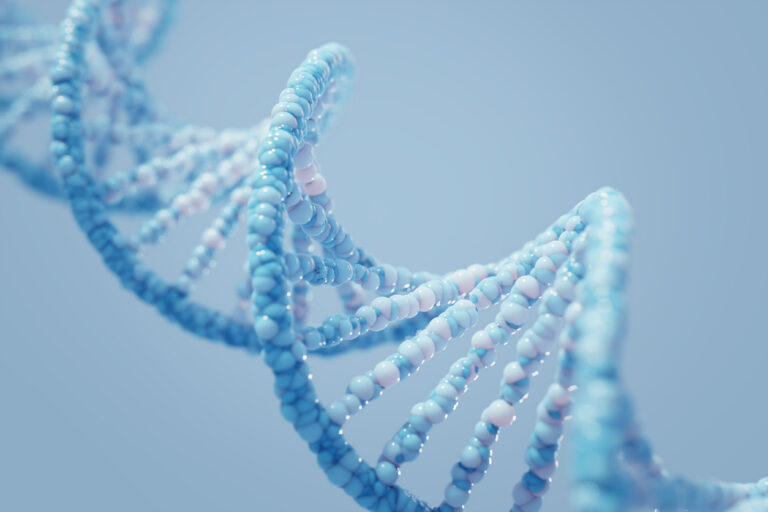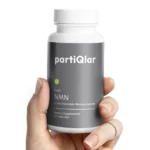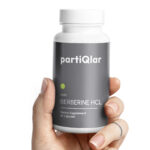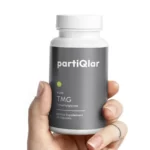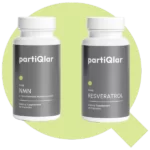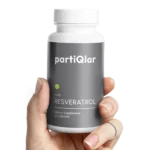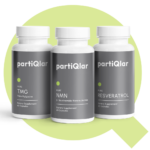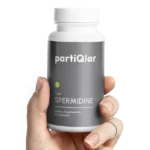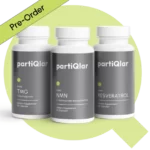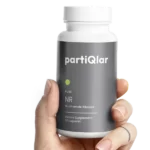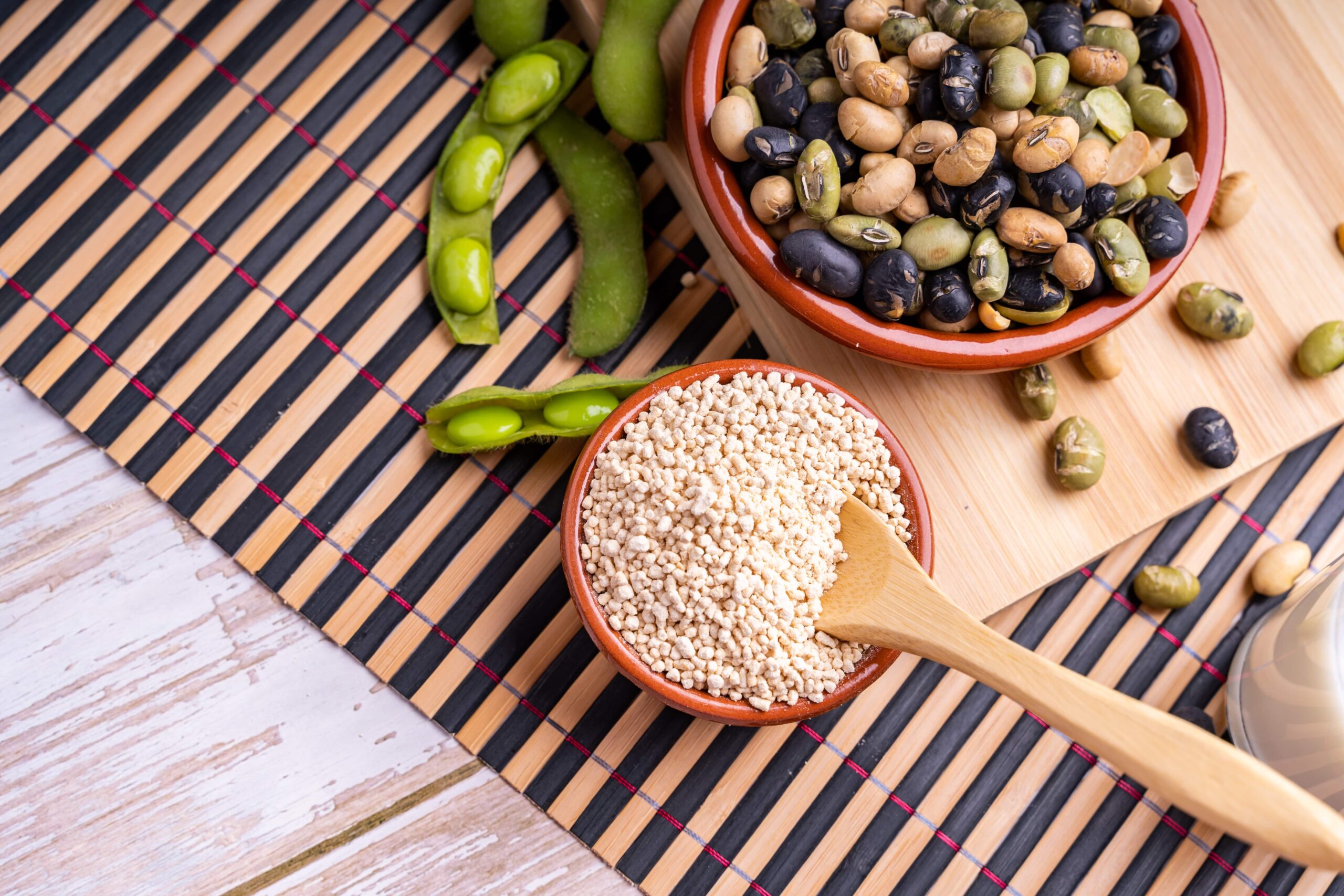This article discusses how genetics & lifestyle impact lifespan, incl. genetic variations linked to longer life & the role of diet & exercise.
Longevity is a topic of great interest to many people. We all want to live long and healthy lives, and many of us are curious about what factors contribute to longevity. One question that often comes up is whether genetics play a role in determining our life span. In this article, we will explore the relationship between genetics and longevity, and what it means for our health and well-being.
Genes indicating longer life span
The first thing to understand is that genetics do play a role in determining our life span. Studies have shown that certain genetic variations are associated with increased longevity. For example, a gene called FOXO3 is associated with a longer life span in several different populations. Other genes, such as APOE and SIRT1, have also been linked to increased longevity.
It’s also important to understand that genetics is not deterministic. Just because you have a certain genetic variation does not mean that you will definitely live a shorter or longer life. Other factors, such as environment and lifestyle, also play a role in determining our life span.
SIRT1
Several studies suggest that SIRT1, a member of the sirtuin family of proteins, may play a role in regulating lifespan and promoting healthy aging. It has been shown that activating SIRT1 can increase lifespan in some organisms and protect against age-related diseases, while reducing SIRT1 function has the opposite effect.
FOXO3
It has been shown that individuals with a specific variant of the FOXO3 gene tend to live longer and suffer from fewer age-related diseases. FOXO3 is a gene that has been linked to longevity. This suggests that the gene plays a role in regulating the aging process and promoting longevity.
APOE
APOE is a gene with three variants (ε2, ε3, and ε4) which impact lipid transport and metabolism in the body. Studies have linked the APOE ε4 variant to higher Alzheimer’s disease risk, while the ε2 allele has been associated with a decreased chance of developing the disease. Nevertheless, the relationship between APOE and life expectancy remains complex and unclear; some studies suggest that those carrying the APOE ε2 allele live longer, while others reach no conclusion.
While genes play a role in determining various traits and characteristics, they are not the only factors that influence these traits. Environment and lifestyle can influence how our genes are expressed.
Is your lifespan predetermined purely by DNA?
The short answer is no, a person’s lifespan is not solely determined by their DNA. While certain genetic factors may increase or decrease a person’s risk of certain diseases or health conditions, environmental factors, lifestyle choices, and access to healthcare also play a significant role in determining a person’s lifespan. Additionally, it is not possible to predict an individual’s lifespan based solely on their DNA. The genes mentioned above indicate your genetic qualities to have a longer life yet it is more complex than that as our own lifestyle choices have a significant impact on our overall health and factual lifespan. Studies have shown that people who exercise regularly, eat a healthy diet and have less stress, tend to live longer than those who do not. Lets dive deeper into those areas with some improvement tips.
Diet
According to scientific studies, diet plays a significant role in determining longevity.
A diet that is high in fruits, vegetables, whole grains, and lean protein, and low in saturated and trans fats, sugar, and processed foods, has been shown to promote longevity. Such a diet can help to prevent chronic diseases such as heart disease, cancer, and diabetes, which are major causes of death and disability.
Eating a Mediterranean-style diet, which is rich in fruits, vegetables, whole grains, fish, and healthy fats like olive oil, has been linked to a lower risk of heart disease and cancer, as well as a longer lifespan.
A diet that includes enough calorie intake to match energy expenditure, maintain a healthy weight, and prevent obesity also promotes longevity.
Additionally, some studies suggest that moderate alcohol consumption may be associated with a longer lifespan, but excessive alcohol consumption can have the opposite effect.
Overall, a healthy diet that is rich in nutrient-dense foods and low in processed and unhealthy foods can help to promote longevity and reduce the risk of chronic diseases.
Our Products
Exercise Routine
According to scientific studies, regular physical activity has been consistently linked to increased longevity.
Exercise can help to reduce the risk of chronic diseases, such as heart disease, cancer, and type 2 diabetes, which are major causes of death and disability. Exercise can also help to improve cardiovascular fitness, muscle and bone strength, and balance, which can help to reduce the risk of falls and injuries in older adults. Furthermore, regular exercise can help to maintain a healthy weight, improve sleep, and boost mood.
Multiple studies have shown that regular exercise can also have a positive impact on cognitive function and reduce the risk of developing cognitive decline and dementia.
The recommended amount of exercise for adults is at least 150 minutes of moderate-intensity aerobic activity or 75 minutes of vigorous-intensity aerobic activity per week, as well as muscle-strengthening activities at least two days per week, according to the guidelines of the World Health Organization (WHO) and other health organizations.
Overall, regular physical activity has been shown to be an important factor in promoting longevity and improving overall health.
Stress Management
Stress is a natural and unavoidable part of life, but chronic stress can have a negative impact on our physical and mental health, including our longevity.
One of the ways stress affects longevity is through the release of the hormone cortisol. Cortisol is released in response to stress and can cause inflammation in the body, which is a risk factor for chronic diseases such as heart disease and cancer. Additionally, chronic stress can suppress the immune system, making us more susceptible to infections and illnesses.
Another way stress affects longevity is through its impact on behaviors that are linked to health. For example, people under chronic stress may engage in unhealthy behaviors such as overeating, smoking, and not getting enough exercise. These behaviors can increase the risk of chronic diseases and shorten lifespan.
To manage stress better, it is important to find effective coping mechanisms. One effective way to manage stress is through regular exercise, which has been shown to reduce cortisol levels and improve overall physical and mental well-being. Additionally, practicing mindfulness techniques such as meditation and deep breathing can also help to reduce stress levels.
Stress can have a significant impact on longevity, but by managing stress through effective coping mechanisms, limiting exposure to stressors, and engaging in self-care activities, we can improve our physical and mental well-being and potentially increase our lifespan.
Conclusion
In conclusion, genetics do play a role in determining our life span, but they are not the only factor. Lifestyle factors, such as diet and exercise, are also important for maintaining good health and living a long life. It’s also important to note that genetics are not deterministic and there are many other factors that can impact our life span. A healthy lifestyle is the best way to ensure a long and healthy life. Additionally testing, measuring and adjusting your lifestyle may be the key to success.
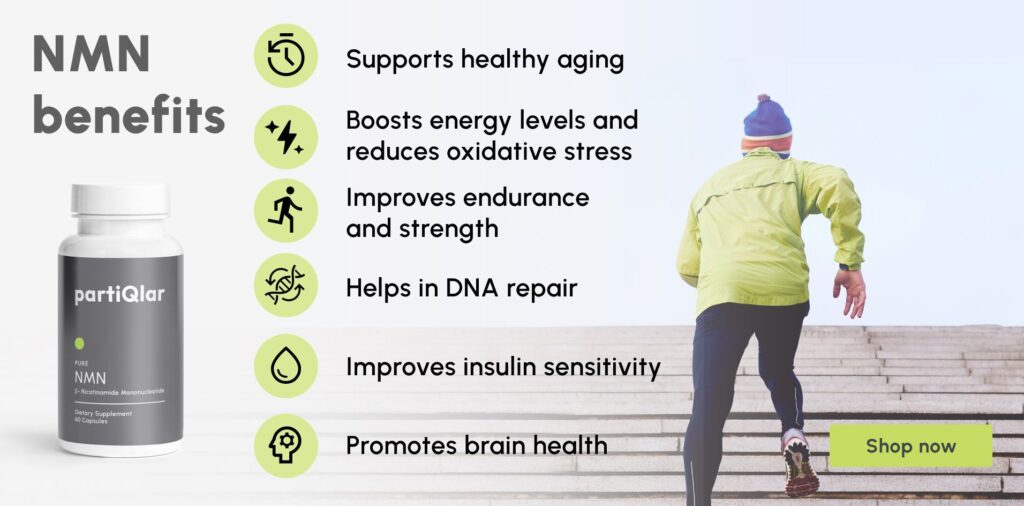
Read more
Explore how Apigenin can enhance sleep quality and promote healthy aging with its wide range of health benefits. Integrate Apigenin into your Sleep Cocktail to enjoy deeper, more restful sleep and support your overall well-being.
Vitamins do not possess the ability to stop the natural aging process, they can undoubtedly play a crucial role in supporting healthy aging or even slowing it down. So, when considering what should be included in your anti-aging strategy – vitamins cannot be missed.
Is it possible to get enough NMN from natural food sources to increase NAD+ levels. To answer this question we will review different types of food with the highest amount of NMN: Edamame, Avocado and Broccoli.
